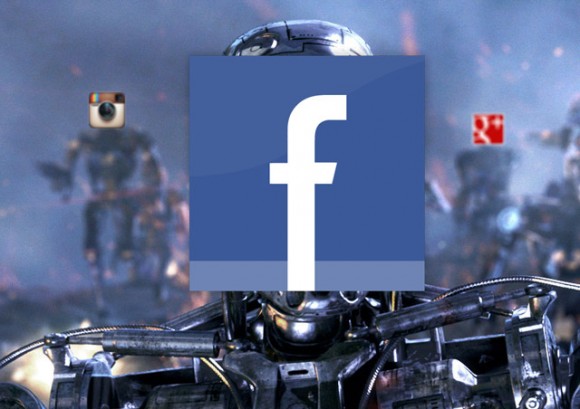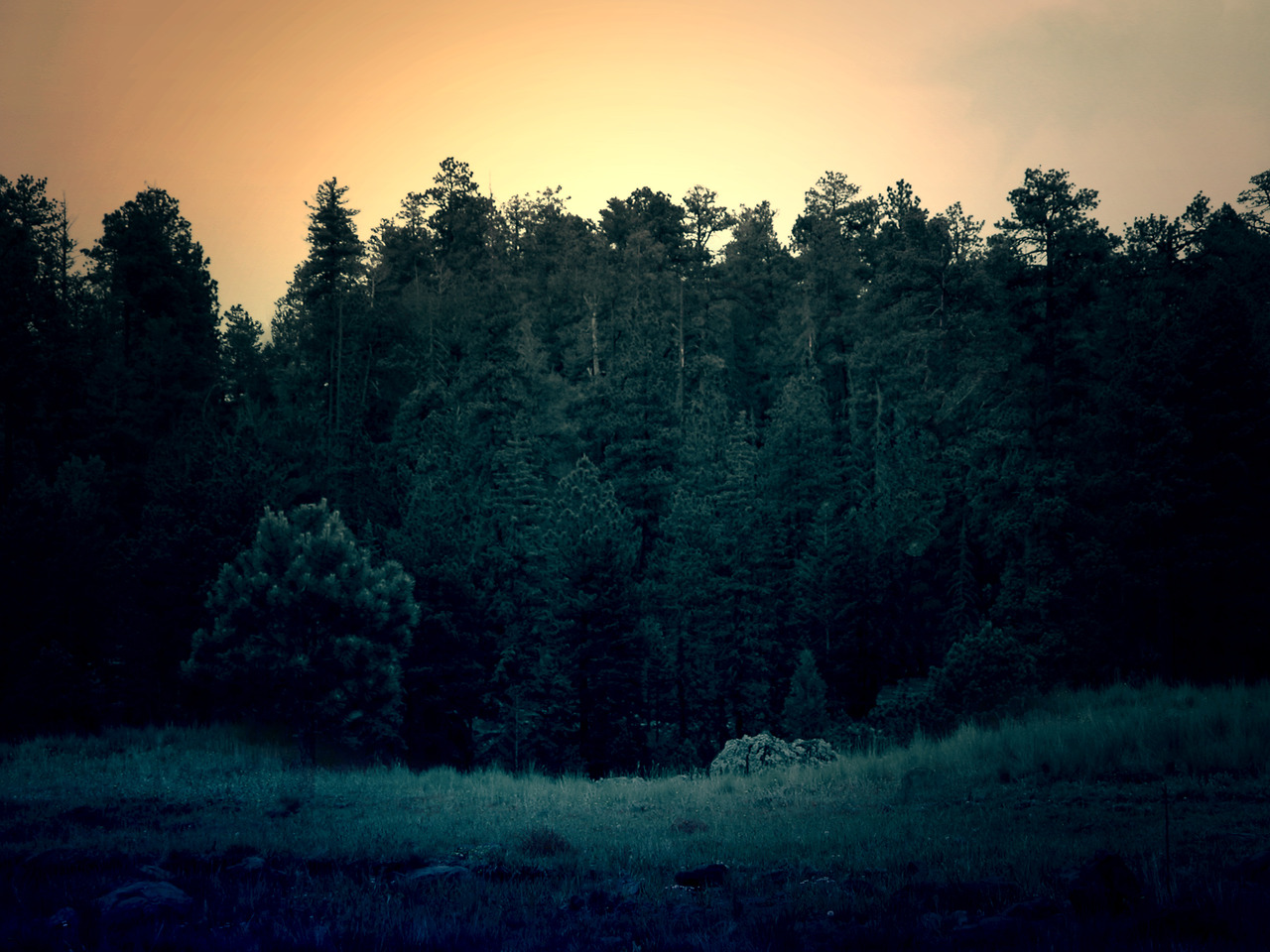Seeing the Forest Through the Trees: Why Social Media Isn’t Ruining The World
August 20, 2013
In today’s high-tech and hyper-social world, we often hear things like “social media is destroying privacy” and “technology is destroying human relationships.” We’re told by Sherry Turkle in
her New York Times opinion piece
that if we’re not careful, we may value our relationship with technology over our relationship with one another. At
TEDxChapmanU
, social media guru and avid blogger
Kristen Howerton jokingly said
, “75% of us take our phones into the bathroom because God forbid we be alone with our feelings for a moment.” Recent news of
NSA surveillance
and
data centers
, identity theft, or public
access to our location through pictures
taken with our smartphones have many people fearful of a loss of privacy.
The more things change, they more they stay the same:
When social media or technology critics ring the “social media is destroying the delicate fabric of human society” alarm, let’s take a minute to examine the ways in which their concerns existed before social media and technology. While it’s true that the
elderly can be comforted by robotic seals
, it’s also true that
the elderly can also be comforted by stuffed animals
. While It’s true that technology ends up in the bathroom, so do newspapers, books, and magazines. Didn’t Watergate happen before the advent of cell phones? Haven’t stalkers always been able to follow their victims home, steal their mail, and rummage through their trash?
Carelessness with privacy settings on social networks is just like general carelessness.
Publicly sharing your physical location online
is no more safe than publicly sharing your location in other ways. Sharing intimate details about your life with Facebook is no worse than sharing these details with the town gossip. Here are a few things to keep in mind:
- It has never been a good idea to hang a big sign on your garage door that says “I am in Hawaii for a week.”
- You wouldn’t stand on a table in the middle of a cocktail party and say “I have a funny growth on my knee” if you didn’t want everyone to know about it. The same is true online – if you want to keep something in your life private, then don’t post it.
- Privacy settings protect your privacy only as much as the friends on those lists or in those circles. If someone on your “best friends” list is a gossip, your secrets are no safer with them than if you call them on the phone and say “don’t tell anyone… but…”

Social media and technology won’t destroy the world but it, like all things, needs to be used correctly, and maybe
that
is what truly scares people. Maybe you are not a person who sees technology as a Terminator robot, but perhaps it’s intimidating to you.
Using social media and technology like a boss:
If you’re apprehensive about learning social media, don’t worry. Five-to-ten years from now, social media will be second nature to you. It will be something we take for granted; something that we will use without noticing that we are using it. Need some proof?
- The New Google Maps Is A Social Network In Disguise.
- Facebook Announces “Home”, A Homescreen Replacement Android App Designed Around People.
- Google (VIA Google+) Can search your inbox, and return search results from your trusted connections.
More convincing than the three examples above is a quick reminder about inventions of the past.
- We talk about TV shows, but we don’t marvel in the television as an invention.
- We use email daily but no longer stand by the water cooler talking about how magical it is.
- Most of us drive frequently, yet “the car is changing society” isn’t the topic of many dinner parties.
- Phone calls, something that was once magical, is now passé - we only spend about 16% of our time on today’s ‘phones’ actually making calls.
Now here’s the good news: the skills you need to excel in social media and technology-based communication are the same skills that you have already developed in other ways of interaction. As Eric Stoller implies in
our recent interview
, social media is just another communication tool like writing a letter or sending a telegram.
Eric says
, “Sharing’s not going anywhere. We’ve always been sharing – we’ve always been social.”
This stuff is for the kids:
“I just need a phone that makes phone calls – why would I want all of these other features?” In other words, emailing, browsing, etc., have no perceived value to people to these people. In 1876, a Western Union internal memo read: ”This ‘telephone’ has too many shortcomings to be seriously considered as a means of communication. The device is inherently of no value to us.” Perhaps the Western Union couldn’t understand why people would want to talk to one another when they could write a perfectly good letter.
It’s about the known, and the unknown. “The kids” are growing up with social media and technology, so they use it, but it’s not ‘for them.’ Many people think video games are ‘for’ kids, but 35 year-olds that grew up with video games often still play. It’s not impossible for an 80-year-old to play video games, and it’s not impossible for anyone to learn smartphones and social networking – it’s just something to practice.
In conclusion:
Humanity’s future will closely resemble humanity’s past. Inventions will come and go, but we will continue to share and socialize like we always have. We will continue to make mistakes that challenge our privacy, and we will continue to be vulnerable to stalking and surveillance. Stay calm and keep sharing.
Let’s put it to the test:
In her
June 2013 article on theweek.com titled “6 things social meida is ruining,”
Laura Hansen
shares her point of view on how social media is destroying:
- National parks
- Our marriages
- Our minds
- Our writing skills
- Our security
- Our sexual health
In the comments area below, share your thoughts. Is social media truly at the root of these problems? Please share your thoughts below.
